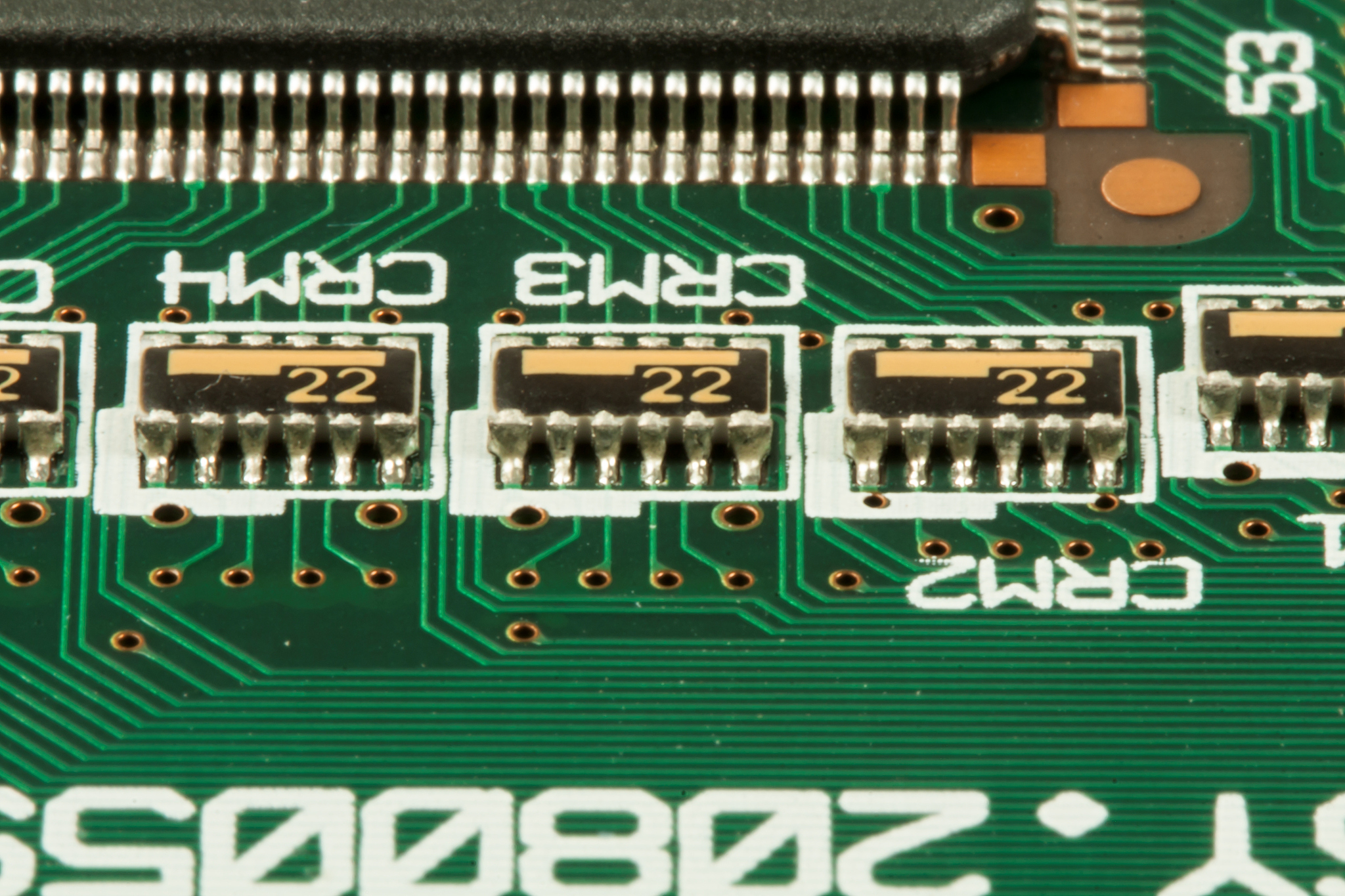Title:TheVibrantWorldofElectronicMusic(电子音乐的英语怎么写)
Electronic music, a genre that has captivated audiences worldwide, traces its roots back to the early 20th century. From its experimental beginnings with visionaries like Edgar Varese and Karlheinz Stockhausen, it has evolved into a multifaceted genre synonymous with innovation.
As technology advanced, the possibilities for musical expression expanded, paving the way for a plethora of sub-genres. Electronic music shelters an array of unique soundscapes, each offering a different listening experience. From the pulsating beats of techno to the experimental edges of IDM (Intelligent Dance Music), every sub-genre caters to varied tastes and reflects the cultural influences that shape the music.
Beyond mere entertainment, electronic music is a cultural phenomenon that has influenced fashion, visual arts, and social movements. Club culture, closely tied to electronic music, has been a breeding ground for artistic collaborations and community building. Electronic music festivals have become iconic gatherings where individuals from around the globe come together to celebrate not just the music but also the spirit of freedom and unity.
Behind the euphoric tracks lies a realm of sophisticated production techniques and technology. Producers, akin to modern-day alchemists, blend analog synthesizers with digital software to craft sounds that range from ethereal to aggressive. Advances in technology have not only democratized music-making but also fostered a culture of knowledge sharing online, accelerating the evolution of electronic music.
Electronic music is not just about machines; it's deeply intertwined with human emotion and creativity. Artists use this medium to convey stories, channel emotions, and provoke thought. Live performances with elaborate visual displays and interactive elements create an immersive sensory experience for audiences. Collaborations between electronic musicians and traditional artists blur the lines between genres, resulting in innovative fusions that expand the scope of both worlds.
The universal appeal of electronic music has made it a global language, connecting people across continents. With the advent of streaming platforms, it has found its way into the daily lives of millions. Cross-cultural influences have also made their way into electronic music, with artists incorporating local sounds, making it more accessible and relatable to diverse audiences.
Looking ahead, electronic music continues to evolve at a rapid pace. Emerging technologies like AI music composition and virtual reality offer new frontiers for exploration. Yet, at its core, electronic music remains a canvas for human expression, reflecting our innate desire to create and connect. As it continues to shape the soundtrack of our lives, electronic music will continue to push boundaries, inviting us to dance to its ever-changing rhythms.




















